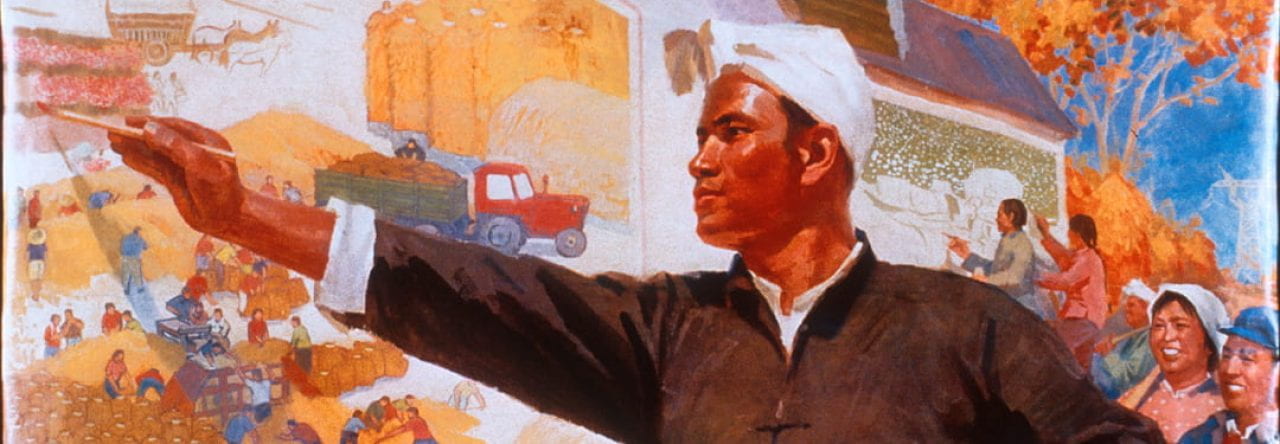Regarding Chinese cartoons, Feng Zikai (1898-1975) is one of the representatives whose art works involve a variety of topics, and he was also well-known writer, calligrapher, scholar, musician, and translator. Feng was a native of Tongxiang in Zhejiang Province (the South China), who was born during a turbulent period. During the first half of Feng’s life, he has experienced the major reform of Chinese society and various significant conflicts and wars, such as Sino-Japanese War and civil wars. Since the experience of studying abroad in Japan in the spring of 1921, Feng has received great influence from the Westernization and Japanese arts. Also, Feng’s works have strong concerns of Buddhist belief, humanitarianism, and individualism. After the publication of his Zi Kai Man Hua (the collection of Feng’s cartoons) in 1924, Feng was regarded as the father of contemporary Chinese cartoons. Hu Sheng Hua Ji (Paintings for the Preservation of Life) was created between 1927 and 1973, which is one of his most famous art works that involves profound Buddhism inspiration.
Reference:
Lin, Su-Hsing. “Feng Zikai’s Art and the Kaiming Book Company: Art for the People in Early Twentieth Century China”. The Ohio State University / OhioLINK, 2003.


Leave a Reply
You must be logged in to post a comment.